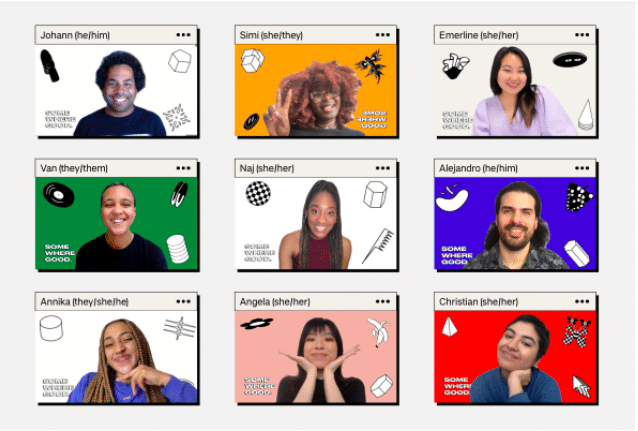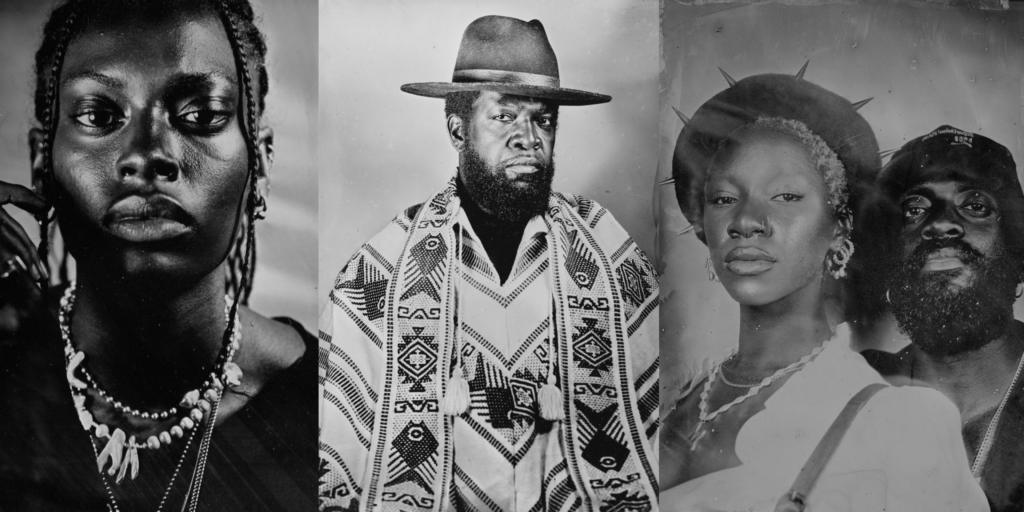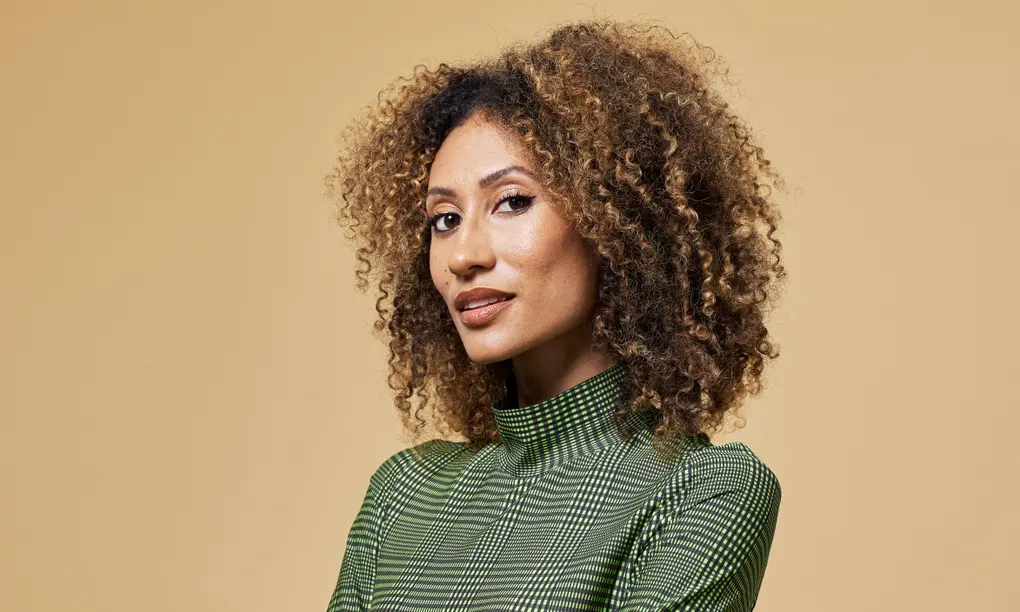With over 157 million American’s living with chronic diseases and an estimated 81 million having multiple conditions, you would think this topic would be more well received, but unfortunately that’s not the case. Very rarely do those who live with these diseases have the platform or opportunity to express themselves openly due to stigmas around health. Producer and writer Taylor Camille is the creator of Beyond Our Cells, a podcast that highlights the stories and experiences of those living outside of the limitations of their conditions, a space where not only are people with chronic disorders seen, but supported.
Camille who vulnerably shares her own personal journey, learns how to openly navigate living with sickle cell anemia — a genetic blood disease that causes red blood cells to weaken. Here in conversation we dive into her story and learn the intent behind the creation of Beyond Our Cells.
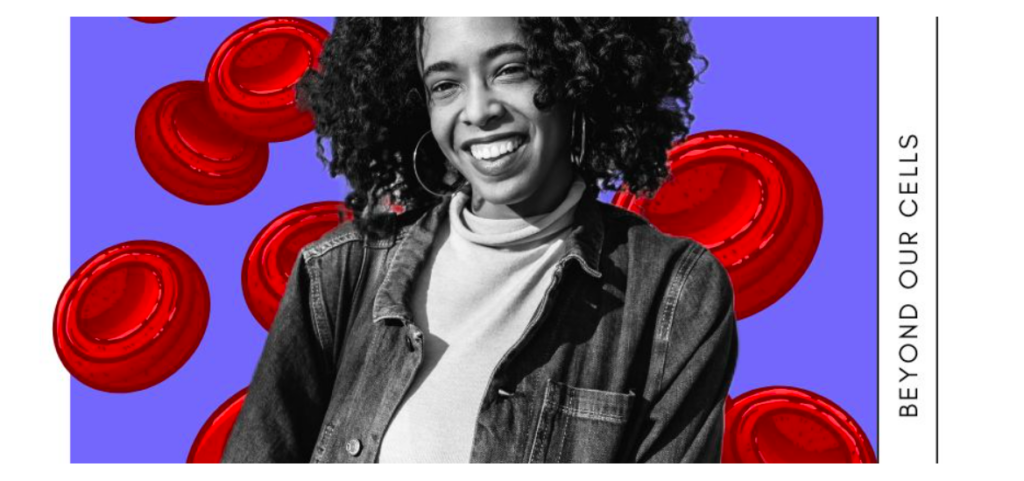
Taylor Camille, host of Beyond Your Cells
We Are Made Studios: Share with us a little about your origin story and what it’s been like for you to live with sickle cell anemia.
Taylor Camille: For me, living with sickle cell has been a constant reminder that I’m not like everyone else even though outwardly that may appear to be the case. Living with sickle cell has meant being part of a community of people who need to take even closer care of themselves. I’ve been very fortunate not to be hospitalized for my condition but for one time as a child however that one instance stuck with me. I felt helpless but motivated from then on to not only care more intently for myself, look out for and speak up when experiencing symptoms but also to advocate for others and educate our peers on how to support people living with sickle cell and other invisible illnesses.
What was the inspiration behind starting a podcast about health conditions at the peak of the pandemic?
TC: The pandemic no doubt made it more apparent that these conversations surrounding our health as Black people were necessary. However, this podcast had been something I’d been developing for some time. I thought about the legacy of my uncle who passed when he was very young, in his 20s, and in his passing informed the family on my mothers side that we carried the Sickle Cell trait.
What’s important for others to know about people of color living with similar conditions?
TC: It’s important for people to know and remember that although our lives may be different from the “norm” or the “standard” that they are still just as full. That we aren’t to be pitied and that support for us looks like starting a thoughtful conversation and meeting us where we are rather than dismissing our doubting all that we are capable of.
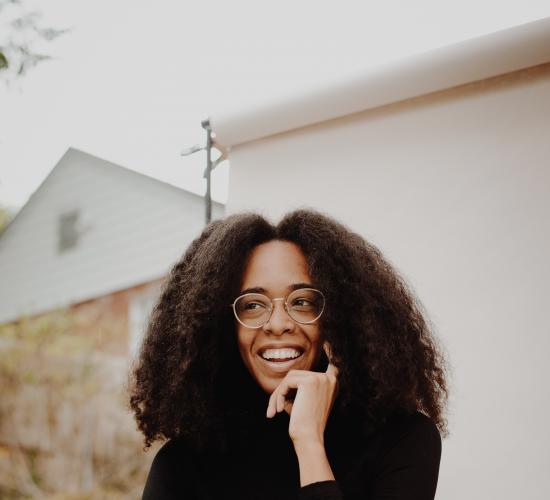
Taylor Camille
How has the show changed your relationship with yourself?
TC: Making this podcast has reminded me of my role in the larger ecosystem. Maybe you remember when a graphic was being shared about our unique roles in our pursuit of justice in the summer of 2020. I was then reminded I am the storyteller, the archivist, the connector. I observe all of the pieces and reunite us with one another. Reminding us we share experience, and values and that above all we need each other to strengthen our journey through the days we’re given.
What impact do you hope to continue to make?
TC: I hope to continue to illuminate the disparities in health especially as pertains to Black people in America. I hope to inspire more positive and productive conversations about our health that promote change in the systems as they currently exist. I hope our conversations continue to grow a community who no longer feels like the other or ashamed of their conditions but strengthened by the knowledge that they are not at this alone.
What are your future plans for Beyond Our Cells and what can we look forward to?
TC: The show has been on a massive hiatus–but as I remind my friends and family who are increasing the pressure for it to return, ‘good things come to those who wait’. As an independent creator good stories take time. Finding the leads, researching them and their stories..etc. But we will be back, not sure when yet and don’t want to make any promises but, we’ll be back. I take a huge amount of pride in the work I produce and am honored to share these very personal and very intimate stories and look forward to sharing more of our lived experiences and growing a community confident in what they need to access a wellness that is so often denied to people who look like me.


